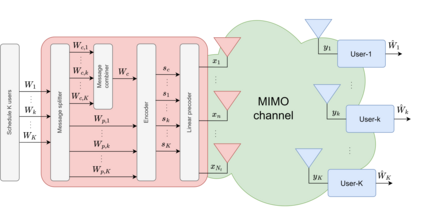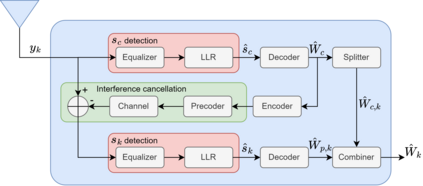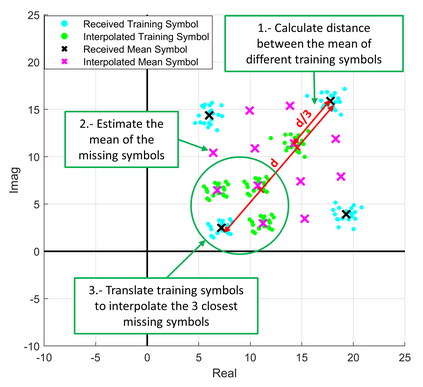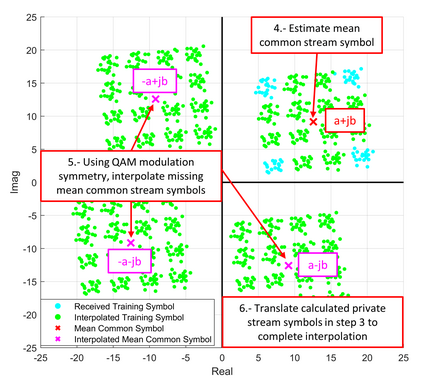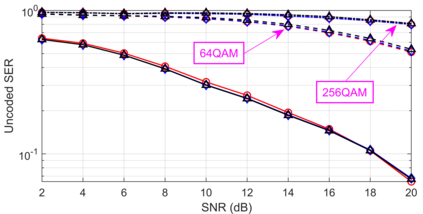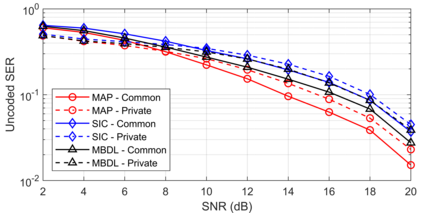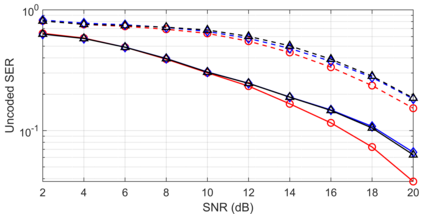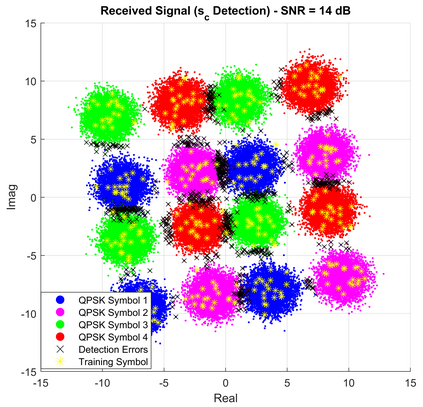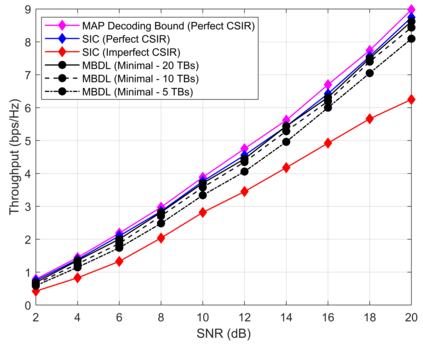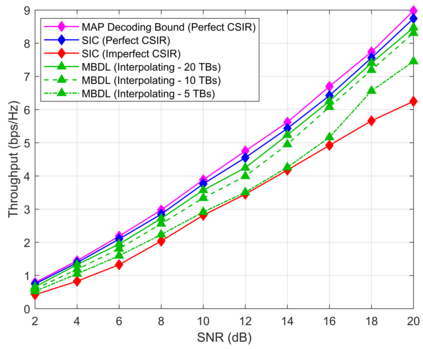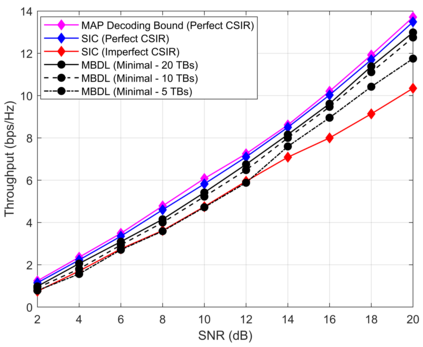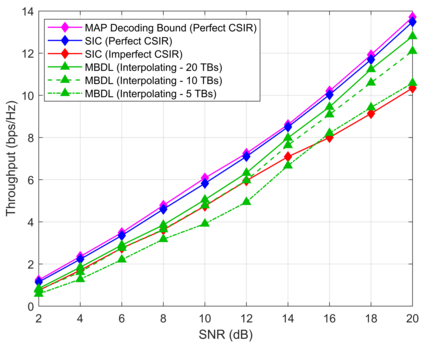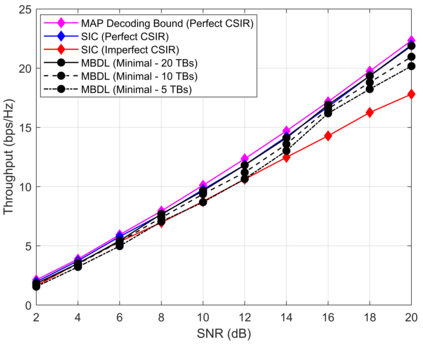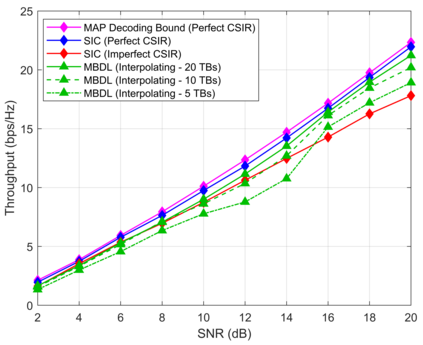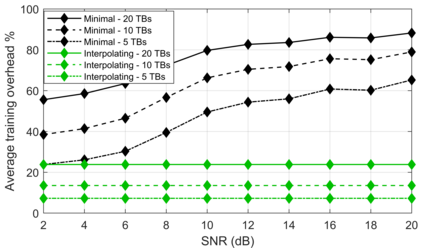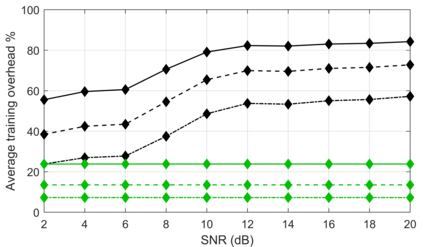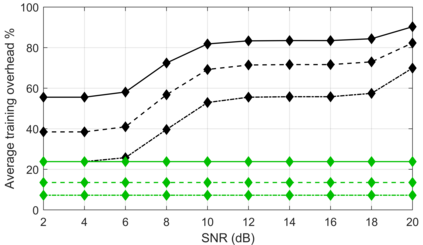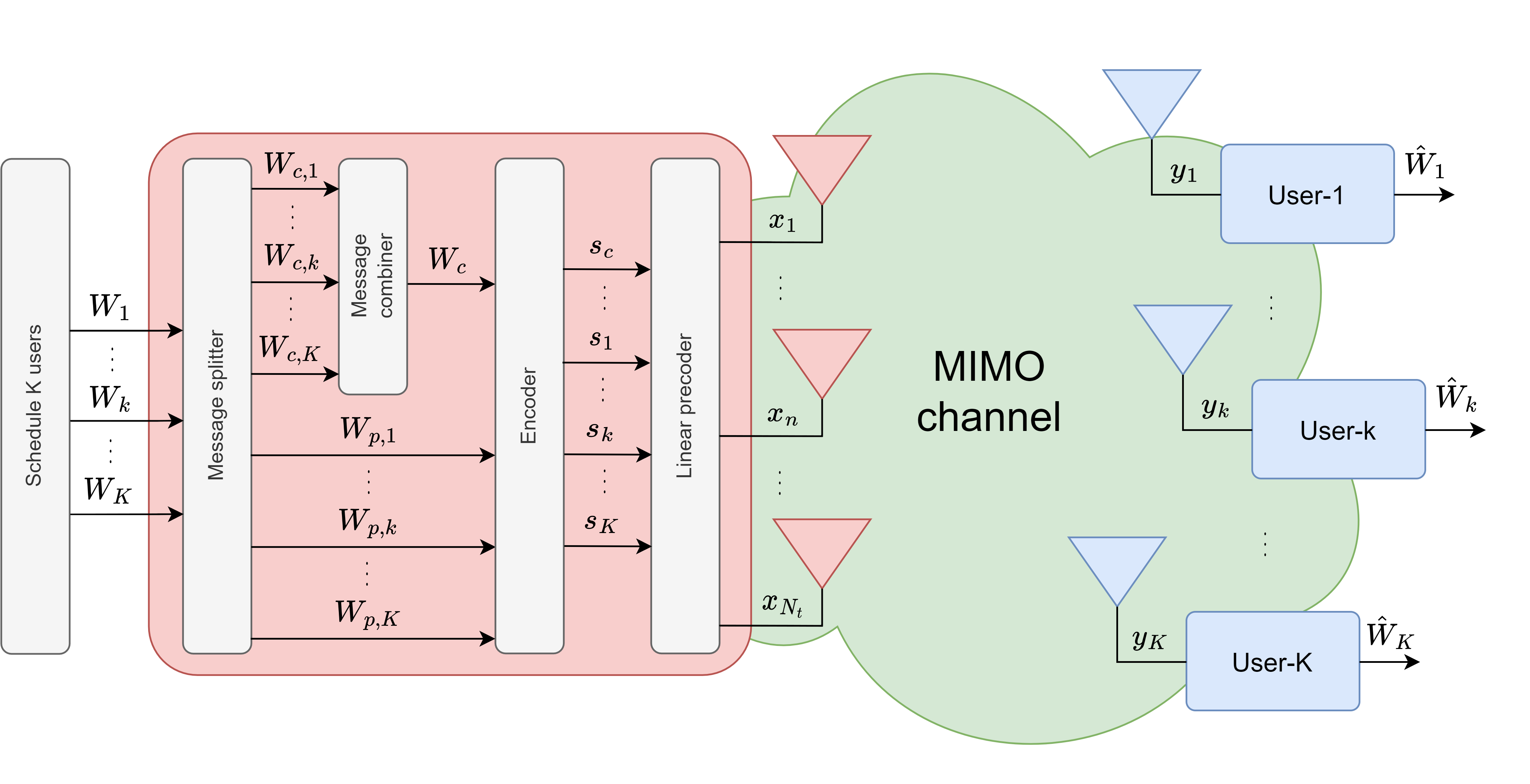Effective and adaptive interference management is required in next generation wireless communication systems. To address this challenge, Rate-Splitting Multiple Access (RSMA), relying on multi-antenna rate-splitting (RS) at the transmitter and successive interference cancellation (SIC) at the receivers, has been intensively studied in recent years, albeit mostly under the assumption of perfect Channel State Information at the Receiver (CSIR) and ideal capacity-achieving modulation and coding schemes. To assess its practical performance, benefits, and limits under more realistic conditions, this work proposes a novel design for a practical RSMA receiver based on model-based deep learning (MBDL) methods, which aims to unite the simple structure of the conventional SIC receiver and the robustness and model agnosticism of deep learning techniques. The MBDL receiver is evaluated in terms of uncoded Symbol Error Rate (SER), throughput performance through Link-Level Simulations (LLS), and average training overhead. Also, a comparison with the SIC receiver, with perfect and imperfect CSIR, is given. Results reveal that the MBDL receiver outperforms by a significant margin the SIC receiver with imperfect CSIR, due to its ability to generate on demand non-linear symbol detection boundaries in a pure data-driven manner.
翻译:为了应对这一挑战,近年来,对依赖发射机的多电离分速率和接收器连续取消干扰(SIC)的速分多重存取系统(RSMA)进行了深入研究,尽管主要是假设接收器的完美频道国家信息以及理想的能力实现调制和编码计划;为了评估其实际性能、效益和在更现实条件下的限度,这项工作提出了基于基于模型的深层次学习方法的实用的RSMA接收器的新设计,该方法旨在将传统SIC接收器的简单结构与深层次学习技术的稳健性和模型的认知性统一起来。MBDL接收器以未编码的符号误差率(SER)和通过链接级别模拟(LLS)和平均培训管理器的吞吐率为评价。此外,还比较了基于模型的深度学习(MBDL接收器)的实用的RSMA接收器,该接收器的精确和不完善的CISIS标准,其检测能力在不完善的C-SIS标准度上形成了一种显著的CISC级的不完善度,其检测能力在不完善的CISIS标准上形成了一种不完善的模型。

